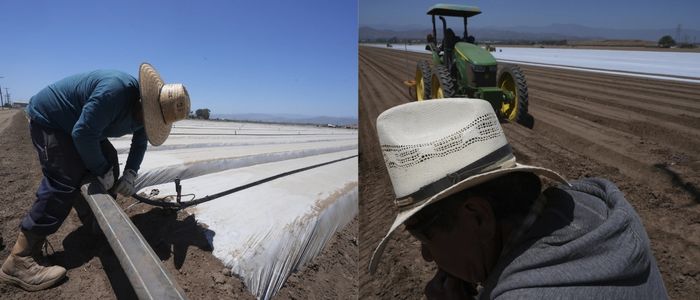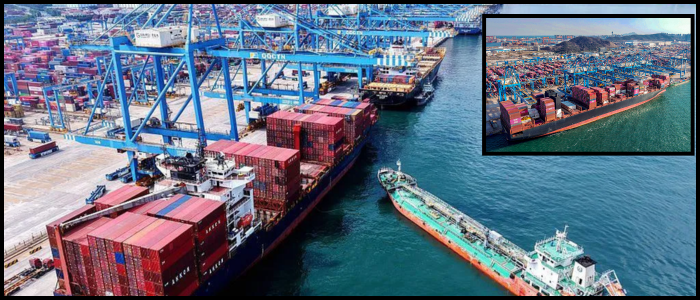Policy U-Turn: Workplace Fear Resurfaces
Farmers, restaurant owners, and hotel operators had welcomed the suspension of immigration raids last week, thinking the crackdown had subsided. But that soon changed in April, when Assistant Secretary of Homeland Security Tricia McLaughlin approved a directive stating immigration enforcement would be ramped up.
Her remarks suggested no industry would be exempt if discovered to be employing workers who were in the country illegally, with businesses left in limbo about what to expect.
The mixed signals, Rebecca Shi, the director of the American Business Immigration Coalition, said, have caused fresh anxiety among foreign-born workers. “There’s fear and trepidation again,” she said, describing the emotional burdens being shouldered by employees attempting to work while worrying about detention and deportation.
The pressure is now rising as Trump attempts to make good on his campaign pledge to deport millions of ‘illegals’. The number of daily arrest targets at ICE is ballooning to 3,000, up from 650 earlier this year. There have been stories of agents making aggressive raids, even showing up at farms and taking away large swathes of the workforce. One New Mexico dairy, for example, slashed its 55-strong workforce to 20 in one fell swoop.
Hearst's Focus on Using Foreign Labor as a Cost-Saving Economic Dependence on Immigrant Labor
Many businesses, especially in agriculture and hospitality, depend on immigrant workers. Foreign-born individuals accounted for nearly 24% of food service jobs and 38% of agricultural jobs in 2023, according to U.S. Census Bureau figures. But at an unemployment rate of 4.2%, these jobs are getting hard to fill.
Industry bigwigs have criticized the lack of policy clarity. Matt Teagarden, the CEO of the Kansas Livestock Association, remarked on how far removed from the day-to-day farming life immigration enforcement looks. Patrick Murphy of Coastal Construction said the regulations were too unpredictable to plan projects, control costs or keep a schedule.
In a recent Pew Research Center poll, three-fourths of American voters, including nearly 60 percent of Trump supporters, said undocumented immigrants are often taking jobs that Americans do not want. Economists have said that the surge of immigrants entering the country had helped supply labor to sustain job growth of between 160,000 and 200,000 new jobs a month without provoking inflation, better than older estimates of about 100,000.
On-going Confusion and Policy Implications
News of raids has even deterred workers in localities not known to have ICE in town. In Washington state, cherry farms said they experienced major labor shortages, with some running at a fraction of the necessary capacity.
In Los Angeles, chef Claudio Gonzalez said his staff, who are mainly Hispanic, now regularly do not show up because of concerns that they will be picked up, given where the restaurant is located in the city, close to federal buildings. Many immigrant parents are afraid they will be arrested at work and their children left alone, said Jennie Murray of the National Immigration Forum.
Trump addressed these concerns in a recent post, conceding that the crackdown has stripped longstanding workers from vital sectors. Yet the administration is pressing ahead with its immigration crackdown, even though it is a crushing weight on businesses and law-abiding workers alike.
This induces, even among lawful immigrants, unnecessary fear, and charges some economists (Douglas Holtz-Eakin, for one) while undermining other policy aims. “The immigration policy and the economic policy are not even in the same ballpark,” he said.
Business

ICE Raids Spark Fear and Confusion Across U.S. Industries

For one brief moment, a break in immigration raids had given many U.S. sectors a breather. But strong words on stepped-up enforcement have reopened the fears of immigrant workers and the confusion of their employers as the rules of immigration are rewritten under President Donald Trump’s administration.















